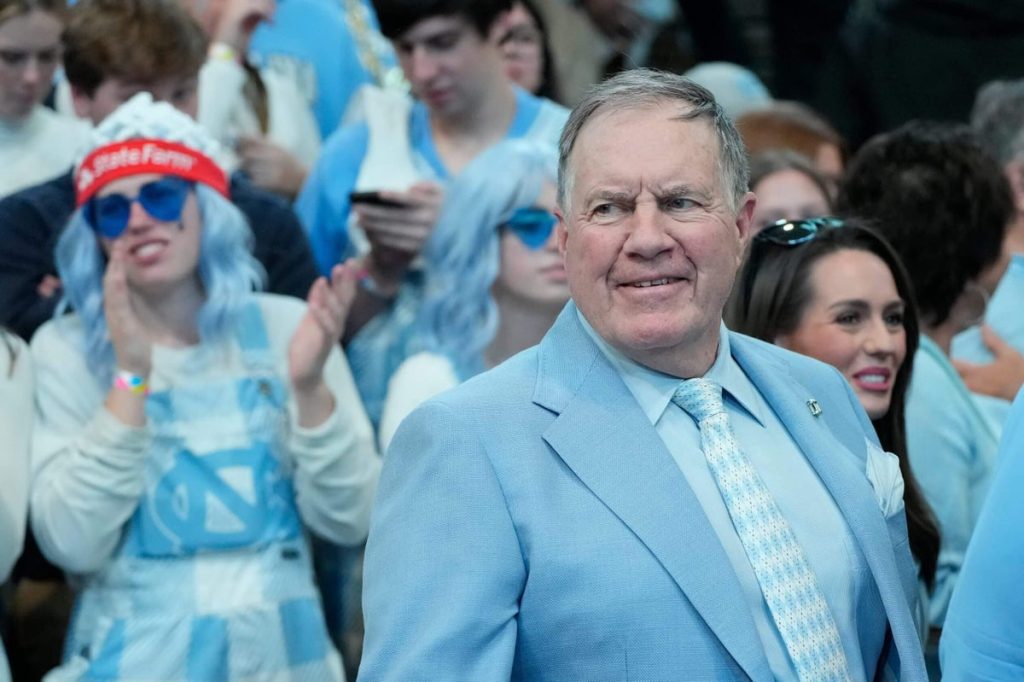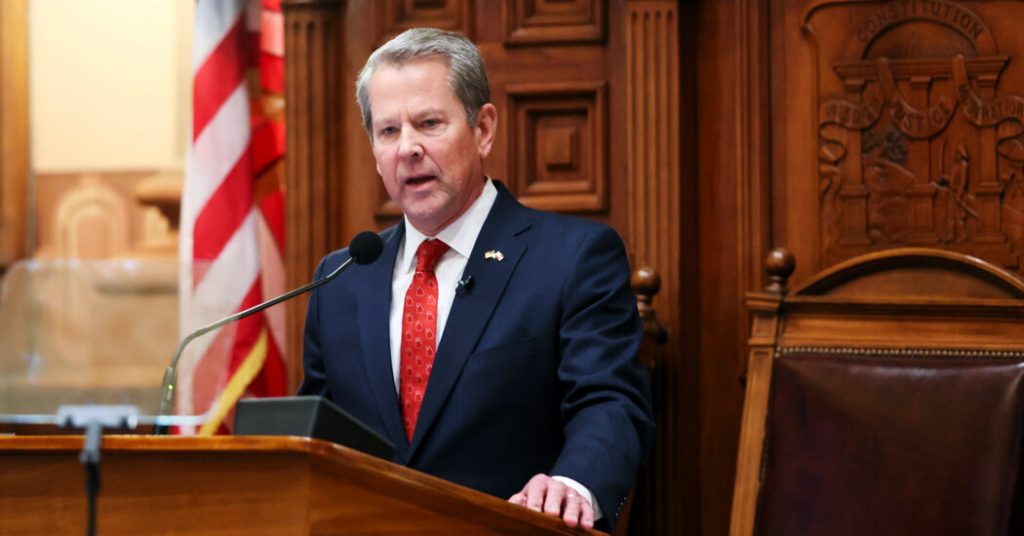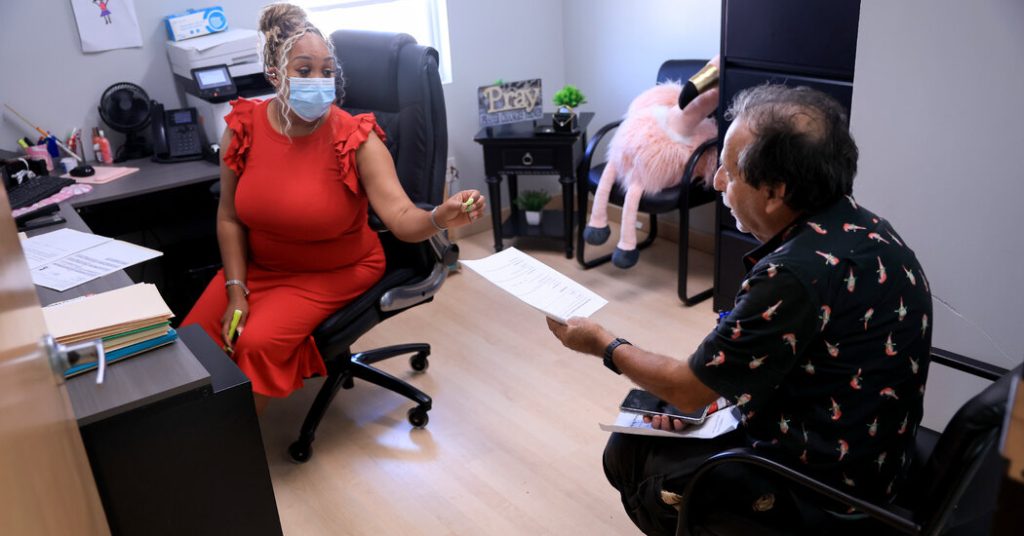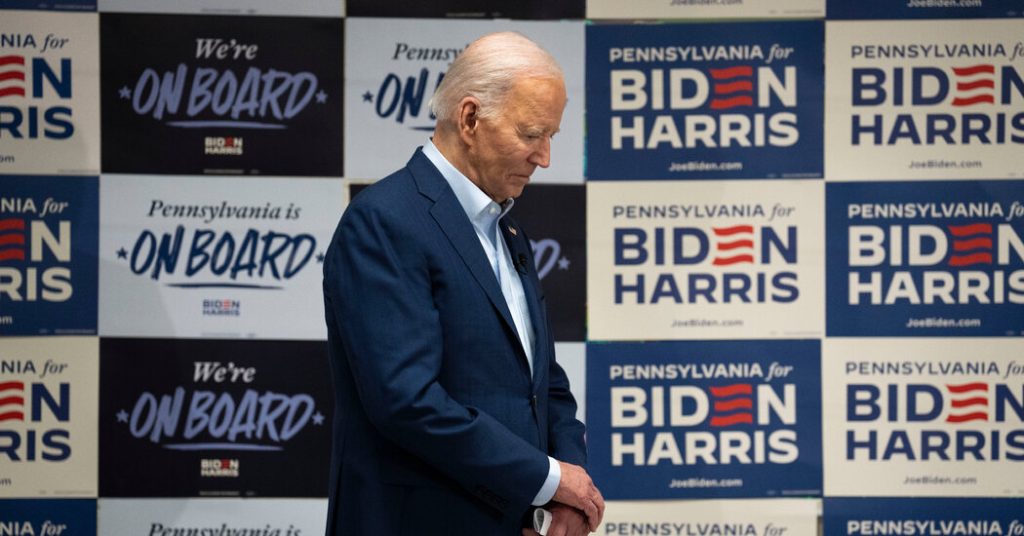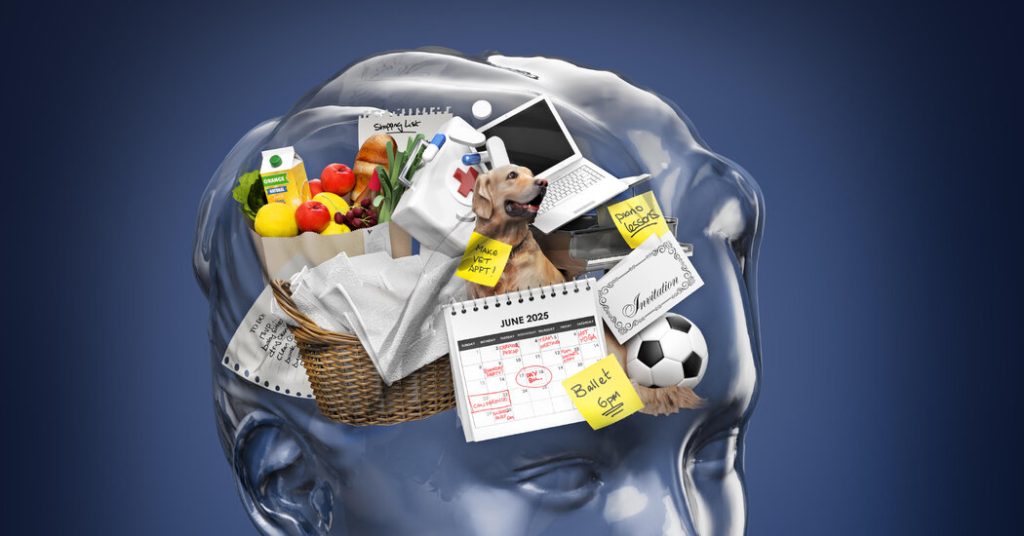What doesn’t show up on any of the 289 pages of Bill Belichick’s book?
Any references, veiled or explicit, to the Spygate, Deflategate or Aaron Hernandez scandals.
And, of course, Patriots owner Robert Kraft.
Malcolm Butler and, yes, Jordon Hudson, get shoutouts in the closing acknowledgments. But there’s no discussion of why Belichick’s starting cornerback and Super Bowl XLIX hero was unceremoniously benched for Super Bowl LII, a Patriots loss.
All it says about the 24-year-old Hudson is a reference to her as his “idea mill and creative muse,” nothing more about the most talked-about couple in sports.
There’s little to no discussion about his latest venture in the sport that has defined his life: transitioning to college football and taking the reins at North Carolina, which said goodbye to 73-year-old Mack Brown and hello to 73-year-old Belichick.
But what is in “The Art of Winning: Lessons from My Life in Football”?
Belichick’s book, set for release on Tuesday, offers a somewhat compelling look behind the curtain at building one of the NFL’s best dynasties, the mistakes and lessons along the way and how they can be applied outside of a practice field. It also offers insight into how North Carolina might operate, which isn’t wholly unique, but he is the only college football head coach with a Super Bowl ring as head coach, let alone six.
And, intentional or not, there’s some self-aggrandizing that shows up as it would in a book written by someone who has enjoyed as much success as Belichick, though the book is more coaching manual and life advice than autobiography. It’s easy to see it becoming something like a bible to young coaches, with ground-level insight on game planning and high-level philosophy on running a football team.
But what were the biggest lessons found between the covers?
1. Some things require a personal touch.
Any head coach atop an organization with hundreds of employees has a lot on their plate. But Belichick made the choice — it’s unclear in the book why — to open what he called the Belichick Travel Agency for precisely two days each of the nine times his team won the AFC title. He personally handled travel arrangements for the upcoming Super Bowl and would take requests from players.
Why? Because it was important to his players.
“If I expect to be able to ask my slot receiver to play in a pinch at cornerback … I don’t get to ignore his request for a hotel room with a nice view,” Belichick writes.
After 48 hours, he’s back to all ball. But Belichick writes of making an exception in 2002 to reopen his travel agency and take care of a request from one player.
A day later, that player — Adam Vinatieri — kicked a 48-yard field goal at the gun to give the 14-point underdogs a victory and make Belichick a Super Bowl champion for the first time.
“He knew what he needed to perform,” Belichick writes. “His win became our win.”
Every time I talk to head coaches, the biggest struggle they face on a daily basis is time management. There is so much to be done inside a football program, but a head coach is one man. Where does he invest his time? What does he delegate? Belichick’s decision here is one of the more interesting ones I’ve seen.
2. Belichick reveres a handful of people — including one UNC alum.
The first time it happened, it was jarring. Belichick interrupts his own book to dedicate a page to a person significant in his life, and each page number holds a significance to that person.
I began to look forward to it because it’s clear how much each person meant to Belichick.
UNC legend Lawrence Taylor, of course, earns page 56, a nod to his jersey number. Longtime quarterback Tom Brady gets a tribute, but it’s not on page 12. Hall of Fame coach Bill Parcells and Belichick’s father, Steve, also earn the special recognition.
Belichick coached Taylor with the Giants and called him the greatest defensive player to ever play the game.
“LT would have had a great career without me, but I don’t know where I would be without him,” Belichick writes.
3. “The spoiled milk” story lives up to the hype.
In the wake of the controversial Belichick interview on “CBS Sunday Morning” while promoting this book, Hudson posted an email from Belichick on April 10 in which he predicted much of the media focus would be on negative aspects of the book. He also referenced spoiled milk as something that would be overlooked.
In this case, Belichick’s prognostication is incorrect. The story, involving receiver Antonio Brown and quarterback Tom Brady, is as good as advertised.
Brown and Brady truly bonded over being weird about health food (my words, not Belichick’s) during Brown’s tumultuous 13 days as a Patriot.
It involves replacing some wildly expensive milk and bison meat, even if it means talking a skeptical business office into granting an unorthodox expense request.
“Would you spend $3500 to ensure the best person on your team gave their best performance when it mattered most?” Belichick writes. “Your job is not to psychoanalyze. Your job is to put people in a position to win.”
How does he view Brown’s rocky Patriots tenure now?
“Signing him definitely was not worth the millions we owed him in signing bonus payments,” Belichick writes, “but I don’t regret buying that milk.”
Shoutout to the accountant who signed off on that, even if it was under threat. Belichick noted that Brown and Brady won a Super Bowl a few years later together in Tampa Bay.
“Maybe the milk works,” he writes.
4. Belichick offered the best explanation of culture I’ve ever heard.
Every newly hired coach uses the word. Most coaches are asked about it. Culture is real, but often hard to explain.
Belichick devotes an entire chapter to it and bucks the idea that there was ever anything inside the building called “The Patriot Way,” which outsiders often used to refer to New England’s fabric of personal accountability and team-first mindset.
Belichick offered the most coherent explanation of a culture I’ve ever heard … and I’ve heard a lot of word salad in college football trying to explain it. He compares it to the title of the book.
“The real stuff is inside, and it’ll take work to read, to interpret, to understand and to implement in your life — but the title you can grasp in a second,” he writes.
In 2019, as the team’s dynasty was nearing its twilight, questions about how draining “The Patriot Way” must be took hold. Belichick recalled an anonymous author (Belichick strongly implies it was receiver Julian Edelman) put a whiteboard in a high-traffic hallway inside the team facility.
“Winning is fun,” it read.
Belichick was proud. That was culture, he says.
Belichick’s culture, which he explains in detail later in the chapter, is distilled down to one sign his players read on their way into the facility and one they read on the way out.
“Do your job, work hard, be attentive, put team first,” read the sign on the way into the facility.
“Ignore the noise, manage expectations, speak for yourself, don’t believe or fuel the hype,” read the sign on the way out.
I wouldn’t be surprised if North Carolina has something similar in its facility now.
5. How people are fired matters.
Belichick was fired from a coaching job before he was even hired. Lou Holtz hired him as a graduate assistant at NC State in 1967, but the situation changed after Title IX went into effect, and Belichick never actually worked in Raleigh. But being on the receiving end of his first real firings as an assistant and then as head coach with the Browns in 1995 shaped how he handled cut days when the roster was sliced down to 53, and how he fired assistants.
He demands it be done personally and with dignity and respect. Yes, on a human level. But also as a matter of practicality for the organization moving on without them.
“An employee who was fired will remember the process and the way he was treated. He will tell his remaining friends on the team about the experience,” Belichick writes.
I’ve lost jobs. I know the feeling. It seems obvious. I’ve heard enough stories to know it is not. More organizations would be well served to follow Belichick’s advice. As for promoting, Belichick would often look to those vacating their jobs to find their replacement. They know what it takes and what the job actually demands.
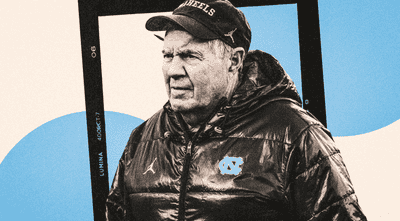
6. UNC players had better not opt out of bowl games.
Belichick didn’t believe Terrell Owens could play in the 2005 Super Bowl for Philadelphia against the Patriots after breaking his leg, either. Nine catches for 122 yards later, Belichick is still in awe 20 years later, gushing about Owens’ effort and love for the game.
It’s relatively simple: New England still won, but Belichick loves football and reveres people who love it, too.
Godspeed to any UNC player who enters Belichick’s office to inform him he is opting out of a bowl game.
“Today, we have perfectly healthy players managing their workload and opting out of games. Maybe that’s a function of today’s society and an evolving definition of ‘love for the game,’” Belichick writes.
7. Bill Belichick: Dog guy.
Take your goldfish somewhere else, Ted Lasso. Belichick loves dogs. It’s in part because of their short memory and laser-like focus, so long as there are no squirrels nearby.
He explains that a dog’s search for a perfect napping spot illustrates his point.
“No wasted movement, no wasted focus. Instinct negotiates between the dog’s goals and the dog’s actions,” he writes. “Unfortunately, we humans are not as instinctual as dogs and we end up letting in a lot of noise and distraction in between our goals and our actions.”
Belichick is serious. And of all the reasons to love man’s best friend, I am certain this is unintentionally the funniest and least surprising for a coach obsessed with the finer points of process.
8. Belichick understands the media.
Belichick acknowledges he enjoys sports debates, which is among the most surprising things I read in the book. “One of the great things about sports,” he calls it.
He declines to weigh in on the GOAT debate between Kansas City quarterback Patrick Mahomes vs. Brady, but does say he wishes he had a Mahomes postgame interview after a 22-17 win over Atlanta in Week 3 of 2024 as his ringtone.
“I feel like I haven’t played very well, and that’s not a stats thing. I just feel like I’m missing opportunities whenever they’re out there and not throwing the ball in the exact spot I want it to be at,” Mahomes said.
Belichick raves about this mindset for more than a full page.
I get what he’s saying. He’s probably not wrong. But the unintentional comedy of his love for such a mundane quote is undeniable.
As for the media, Belichick acknowledges he would play a game with himself when reporters would be trying to get him to say something. He’d do everything in his power not to say it.
It’s a little different in college, where some coaches can be curmudgeonly, but the cult of personality pays off in the recruiting game, forcing coaches to lean into being larger than life when cameras are in front of them.
He also reveals that sometimes it was hard convincing himself (and his team) that a bad team could beat some of the best Patriots teams.
But he does understand, explicitly, that the thing of most value in media is something entertaining or new information. When he chose to engage earnestly with questions and when he did not was rather obvious to those watching, even as someone who has never covered a Belichick team.
“Some people do not talk straight. They think they are cute, but they have an agenda. However you respond to their provocation — and it is a provocation — they’ll write the story they wanted to write,” Belichick writes.
Good interviewing and good questions have a point of view but aren’t purposely provocative. And if you have a tough question, do as the kids these days say and stand on business. The goal should always be to ascertain information, not spawn a reaction for a viral clip.
9. You can only learn from mistakes if you acknowledge them.
So, about that email from Belichick that Hudson posted to her Instagram. Belichick didn’t appreciate an interview that focused on the “I f—ed up” portion of the book. But it’s not so much a focus on the negative as much as an interesting look at how Belichick views his career in the rearview mirror. There’s a lot in the book, but Belichick spends an entire chapter recounting mistakes he’s made, how to deal with them and what he learned from them. It’s among the most compelling sections of the book.
He recounts his regret passing on quarterback Lamar Jackson twice and explains the reasons. One of his more agonizing mistakes, he says, was attempting to convert a fourth-and-13 on the New York Giants’ 31-yard line that contributed to the Patriots inability to finish 19-0. It was the only time in his career, he says, he attempted to convert longer than fourth-and-10 with a lead.
Admitting that mistake is part of his personal ethos. It’s also an act that can earn you loyalty and trust and make others trust that you’re already working on making corrections. It signals to your organization that mistakes should be ventilated rather than hidden or lied about.
Granted, this is where the subjects of Spygate or Deflategate or Malcolm Butler might have come up. Maybe he doesn’t see any of those things as mistakes. I wouldn’t be surprised if so. But not mentioning them in any context — be it a defense or admission — makes the book feel a little hollow on the whole.
10. I still have questions.
The book has its moments. It has some pieces of wisdom worth taking away outside of football, particularly the section on dealing with adversity. It’s funnier and has less nerding out on football than I expected, considering Belichick’s propensity to unleash long-winded soliloquies on the foundations and evolution of punt protections if the mood strikes.
And Belichick does have some fun in the book. He tells a tale of four road trips from Wesleyan University in Connecticut to New Orleans with his Chi Psi brothers to become regulars at his favorite bar: Pat O’Brien’s, famous for serving Hurricane cocktails. He was spotted there with Hudson after the NFL Honors ceremony earlier this year, too.
You do learn a lot about Belichick, but not much about what most people — outside the coaching profession — want to know most. That doesn’t mean dishing about his romantic life. There’s no introspection about his bitter ending with the Patriots, adjusting to life without Brady or rejection from the coaching carousel and year spent away from football.
There’s not much about his decision to transition to college, which presents a whole new challenge for him. The book simply ends in pure Belichick fashion.
“On to Chapel Hill,” he writes.
Best quotes:
“It was like telling your girlfriend you plan to break up with her in three months. So let’s have fun until then!” — On the Cleveland Browns announcing their move to Baltimore midseason
“Bill, why don’t you weigh the coaches? They’re all overweight. … We have the fattest coaching staff in the league.” — then-Patriots linebacker Mike Vrabel, now the Patriots head coach.
“Now that he’s a coach, I wonder what he’d think about getting weighed in.” — Belichick
(Photo: Bob Donnan / Imagn Images)

